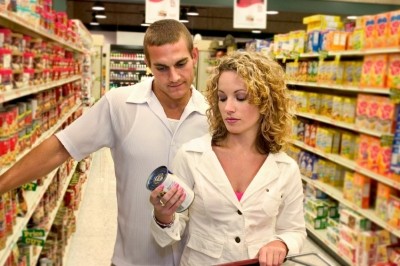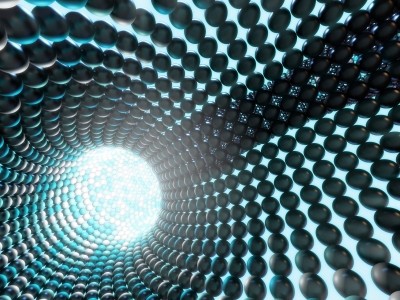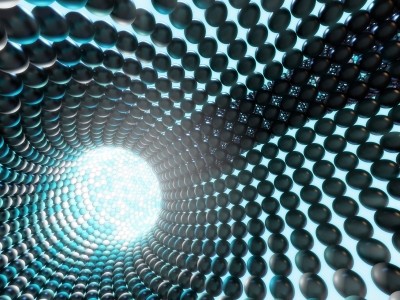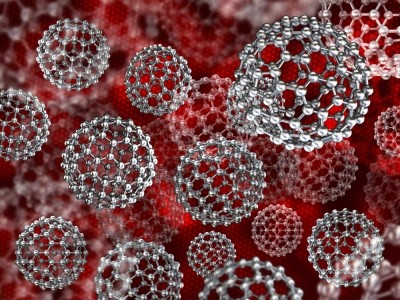GM a “cautionary tale” for nanotechnology

Public acceptance of such new technology being introduced to the food and agriculture sector is a major challenge for stakeholders, according to the study published in called “Implications of nanotechnology growth in food and agriculture in OECD countries”.
The report, by Guillaume Gruère of the International Food Policy Research Institute, USA, comes as a FoodNavigator.com poll found that 73% of readers believe the European Commission should heed calls to ban GM crops.
Published in the April issue of Food Policy, the study identifies three main policy challenges; funding and investment, risk governance, and public acceptance.
Public acceptance is seen as “critical” and researchers have emphasized the importance of delivering the right message from a trusted authority.
However, the author states: “The GM food rejection in OECD countries provides an illustration of what needs to be avoided. At the same time, despite all warning, there are signs that nano food products may face the exact same consumer rejection as GM food.”
Similarly he suggests that industry needs to “proactively communicate transparently on the use of nanotechnology in food.”
Nano
Nanotechnology-enabled products were defined as those derived or issued from materials at scales measuring less than 100 nm in at least one dimension.
They are being developed and commercialized for improved processing and nutrition, among others, but its rapid emergence has raised concerns.
Total investment in Nanotech was estimated to be at least several billion dollars in 2010. Globally, more than 400 food companies were active in research and development in 2010, up from 200 in 2006 and this is expected to grow to 1000 within the next ten years.
Examples of commercially available nano products in the EU include food additives such as lycopene.
But the study claims that unless there is a wider acceptance of nano food products, companies will not want to invest, simply because they will not be profitable.
Regulation
As of 2011, only the European Union had adopted a mandatory labelling regulation requiring food ingredients to be listed as ‘‘nano’’ if they fit with their definition of engineered nanomaterials.
However, the author warns that blanket mandatory labelling for all nano products “would be difficult and run the risk of mimicking the stigma effect found in the case of GM food labelling policies”.
The author suggests that in order to ease the regulatory path of nanotechnology, an independent agency advised by a scientific expert panel could be set up, looking at potential risks and monitoring domestic and importing companies’ products.
Also governments should “explicitly include food and agricultural products within their existing communication plans, conduct communication audits and ensure that risk communication is handled properly by letting the right (trusted and competent) messenger deliver the needed message”.
Title: Implications of nanotechnology growth in food and agriculture in OECD countries
Author: Guillaume P. Gruère
Source: http://www.sciencedirect.com/science/article/pii/S0306919212000024

















